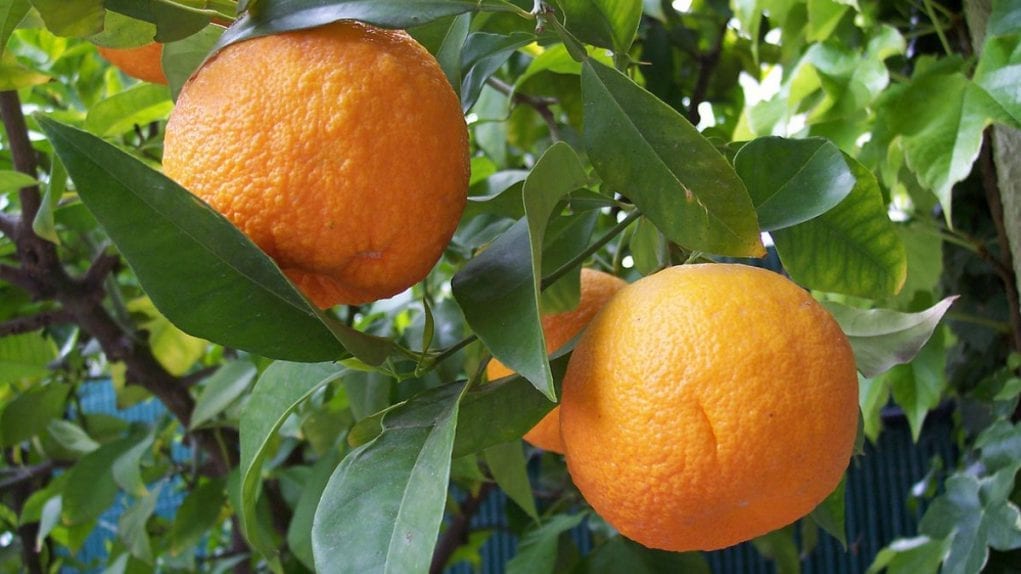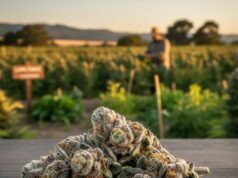Nerolidol is also known by the names peruviol and penetrol
Aside from cannabis, this terpene is found primarily in the essential oil neroli, from which comes its name. Neroli is better known as the extract of the bitter orange citrus variety. Most produces scented or flavored with orange blossom use this extract. Other natural sources of nerolidol include:
- Ginger
- Jasmine
- Lavender
- Tea tree
- Lemon grass
- Lady of the Night – a species of orchid noted for its citrus-like fragrance
Flavor and aroma:
Sweet and flowery, with citrus and wood tones. It’s also described as having characteristics of apple and rose.
What it does:
Nerolidol contributes a soothing, relaxing feeling to the entourage effect, being very nearly a sedative. It’s touted as being good for fighting anxiety.
On the medical side, nerolidol (sometimes specified as trans-nerolidol in chemist jargon) is being studied for its various properties, such as potentially fighting parasites, fungus, and bacteria. Traditionally, orange blossom extracts have been used as disinfectants. One interesting finding is that nerolidol works in conjunction with antibiotics to more effectively fight pathogens. Another study review rates it “a promising chemical or drug candidate in the field of agriculture and medicine.”
In industry, nerolidol is used in flavoring agents and perfumes, especially anything with a light citrus taste and scent. It sometimes shows up as a flavoring agent in pop.
Where to find it:
Strains high in nerolidol include:
- Island Sweet Skunk
- Jack Herer
- Skywalker OG
Fun facts:
Nerolidol’s namesake essential oil, neroli, is one of the most widely used floral oils in the perfume industry. It was popularized by Marie Anne de La Trémoille, duchess of Bracciano and princess of Nerola, Italy. She used it to perfume her gloves and bath. Since then, neroli takes its name from Nerola, Italy, a town taking its name, in turn, from the Roman emperor Nero. How’s that for a terpene story? Check out the rest of Marie’s history sometime, she was quite the 17th-century intrigue.













